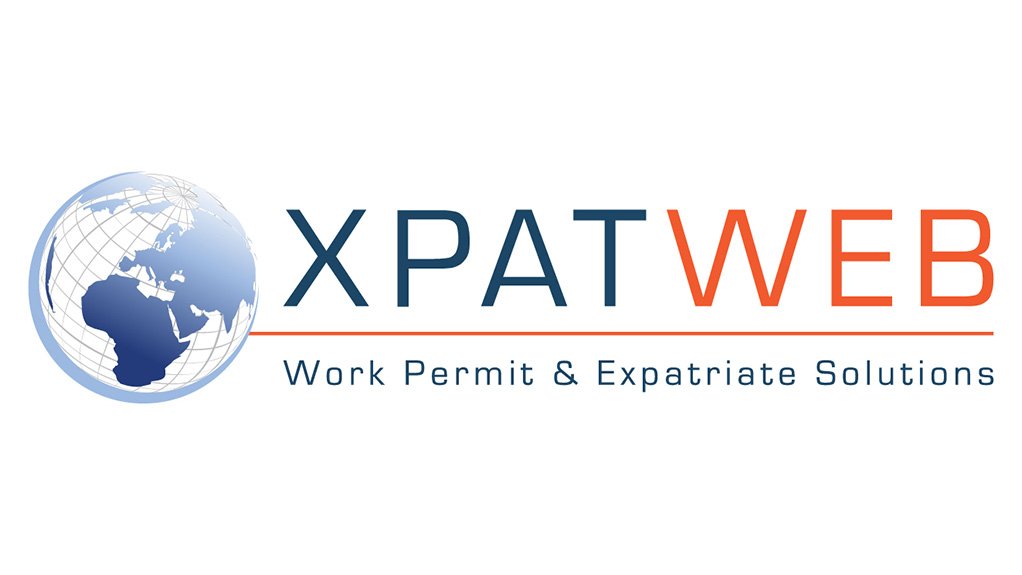South Africa recently lost two distinguished international scientists who were set to make a major contribution to the Square Kilometre Array (SKA) project: all due to an avoidable reason. In terms of South Africa’s immigration rules the spouse — herself a sought-after scientist — was not granted direct work access under her husband’s critical skills work visa.
A senior Department of Home Affairs (DHA) official shared this during a feedback session about South Africa’s Trusted Employer Scheme (TES). Although the wife applied separately for a work visa in another category, delays and administrative setbacks forced her to return home first. Her husband, unwilling to stay in South Africa indefinitely without her, chose to leave too.
Within weeks, Australia secured both scientists, where they were assured of employment without obstacles.
A Global Issue with Direct Consequences for South Africa
This case reflects broader findings from local and international surveys showing that partner work restrictions are a major deterrent for highly skilled professionals considering global assignments.
Helen Frew, Executive Director at the Permits Foundation, notes that their latest survey found that in the prior 3 years, 44% of responding organisations had seen globally mobile professionals in highly skilled positions return home early from a foreign assignment due to concerns about their partner’s employment in the host country.
Marisa Jacobs, Managing Director at Xpatweb, adds that in the 2025 Xpatweb Critical Skills Survey, where companies in South Africa identify the scarce skills that they struggle to recruit locally, 84% of participants say dual-career issues are increasingly important among foreign hires.
Frew says the trend is clear: global talent assesses opportunities not only on salary or benefits but also on how easily their partners can integrate into the host country.
The Permits Foundation, which advocates for direct partner work access globally, also found:
- 94% of global mobility professionals believe that family members should receive automatic work authorisation upon recognition of their dependant status;
- 60% of respondents report that international employees ask whether accompanying partners can work virtually from the receiving country;
- 56% of partners who are unable to work report a negative impact on their mental wellbeing; and
- 26% of partner respondents were considering leaving the host country due to work access restrictions.
Frew emphasises that 91% of employers agree partner work authorisation improves their ability to attract top global talent. Therefore, South Africa cannot risk deterring highly skilled global professionals by not allowing accompanying partners direct work access.
“We found that 88% of partners hold a bachelor’s degree or higher. Yet 53% are unemployed in the host country, even though 84% of them want to work. This is a pool of highly skilled, globally mobile talent that South Africa is currently failing to tap.”
South African Data Confirms the Growing Barrier
The 2025 Xpatweb Critical Skills Survey further highlighted:
- 68% of international professionals enquire whether their partners can work in the host country before accepting a position in South Africa. This demonstrates that partner work access is a deciding factor in whether top-tier talent chooses South Africa or not;
- 62% of companies have received enquiries in the past two years about whether partners may work virtually while in South Africa.
Jacobs says many accompanying partners are highly skilled and could also qualify for a Critical Skills Work Visa, but the process is complicated. The spouse or partner will require an employment offer. Although they can apply for a work visa in South Africa, authorisation is not a given.
Granting partners direct work access in South Africa, would enable them to contribute economically, start businesses, and create employment through support roles such as childcare, transport, and household assistance, she adds.
The notion that global talent can help unlock economic growth and create jobs, was reinforced by Deputy Minister of Finance Ashor Sarupen at the Xpatweb Global Mobility Conference in August 2025: “For every one highly skilled employee brought into the country, seven unskilled jobs are created.”
Policy Developments: Signs of Movement
South Africa is currently a priority country for the Permits Foundation, which has welcomed recent positive developments.
The draft National Labour Migration Policy (NLMP) includes consideration of work access for spouses of critical skills visa holders and possibly inter-company transfers. In the document, the Department of Employment and Labour (DoEL) supports “automatic issuance of work visa for spouses” and cites it as a decisive factor in the retention of highly skilled migrants.
International Reform Gains Pace
Since 2001 the Foundation has contributed to policy change with more than 40 countries now allowing accompanying spouses or partners to work under their dependant visa status. Ireland is among the latest, adopting reforms in 2024.
Just last year Peter Burke, Minister of Enterprise, Trade and Employment in Ireland, stated: “The changes we are announcing…ensure that Ireland attracts those skilled workers who might not otherwise come to Ireland if their spouse or partner cannot work.”
The Foundation has also supported ongoing reforms in Costa Rica where new legislation is currently being developed. This follows an evidence-based submission the Foundation made to the Costa Rican government, as well as working together with local networks, contributing at high level meetings and providing global data to support direct work access for certain categories of dependants.
Why South Africa Must Act
As a critical element for economic growth and South Africa’s global competitiveness, partner work access cannot remain an afterthought.
South Africa must align with global best practice on partner work authorisation to avoid stories like the SKA scientists, and the country’s talent pipeline from shrinking.
Jacobs says straightforward policy reform can prevent similar losses and the current positive momentum in this regard should be maintained.
Written by Xpatweb
EMAIL THIS ARTICLE SAVE THIS ARTICLE ARTICLE ENQUIRY FEEDBACK
To subscribe email subscriptions@creamermedia.co.za or click here
To advertise email advertising@creamermedia.co.za or click here











